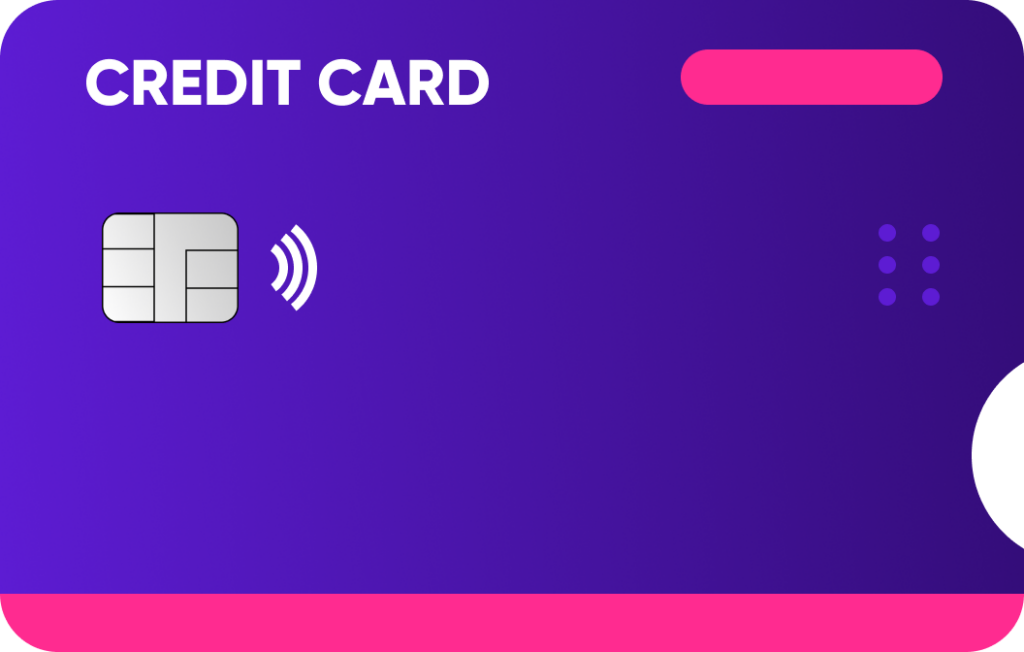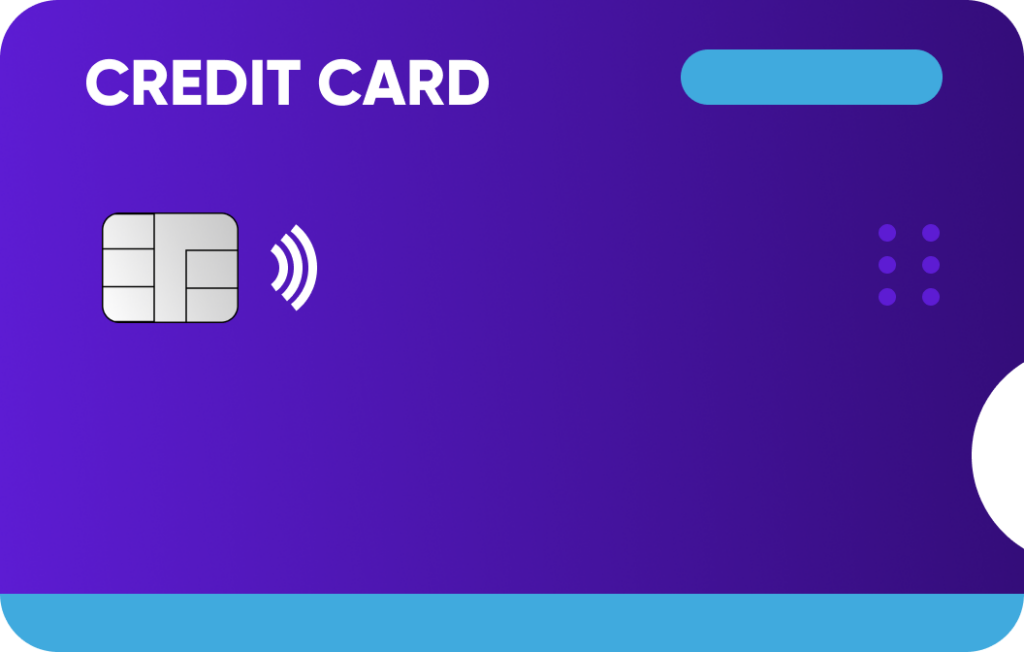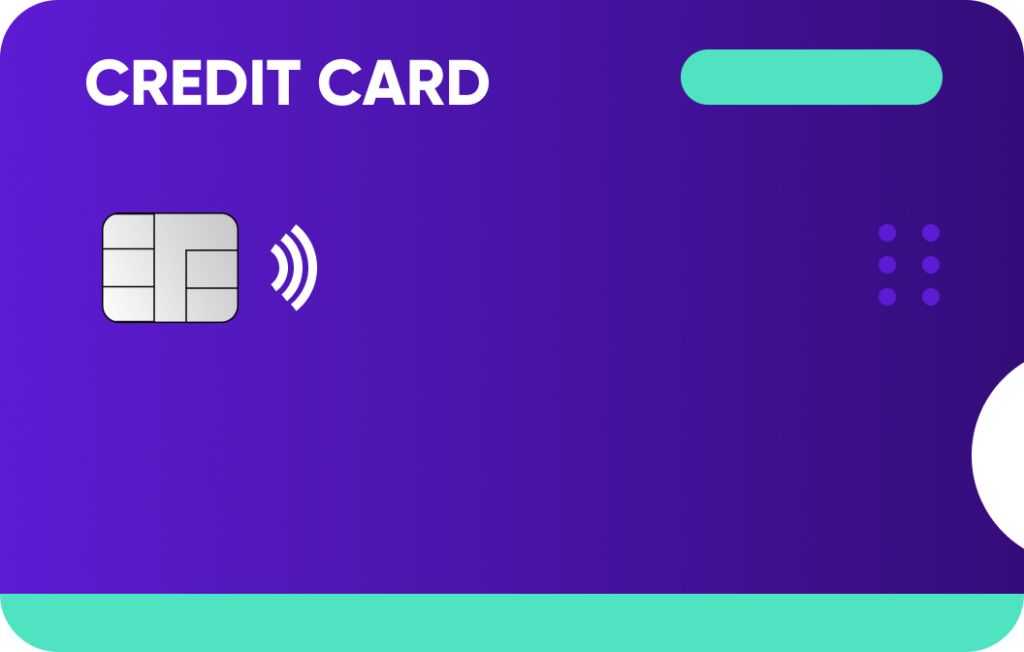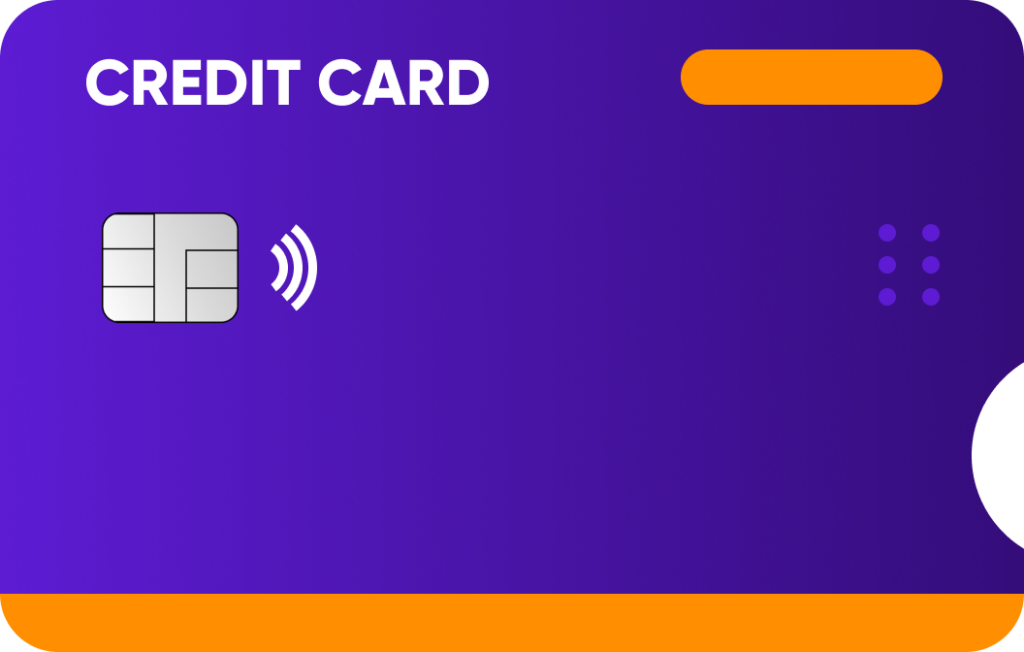Credit Scores

Understanding Credit Scores in the UK
A credit score is a three-digit (or sometimes four-digit) number that summarises your credit history. Think of it as a financial ‘snapshot’ that shows lenders how responsibly you’ve managed borrowing in the past.
Lenders use this score to quickly assess risk. When you apply for a credit card, loan, or mortgage, your score helps them decide whether to approve your application and, just as importantly, what interest rate to offer you.
In the UK, there isn’t one single, universal score. Instead, three main Credit Reference Agencies (CRAs) independently collect your financial data and calculate their own scores.
Updraft partners with TransUnion to provide the score you see in our app. However, lenders may check one or more of the following agencies, so it is helpful to know where you stand with all three:
TransUnion: 0-710 (Used by Updraft)
Experian: 0-1250
Equifax: 0-1000
(Note: You may still see older scales referenced, such as Experian out of 999 or Equifax out of 700, but these are the latest standard ranges used today.)
Because they use different scales and may not all hold the exact same information about you, your score will almost always be different with each agency.
Try our Pay Off Calculator & see what you could save




Credit Card Balance
Credit Card APR (%)
How much do you pay monthly?
24.6% APR Representative based on a £10,000 loan over 60 months at 19.9% fixed interest p.a. Monthly repayment: £277.60. Total repayable: £16,656 (inc. £500 fee). Subject to status and affordability. Consolidating debt may increase the term and total amount repaid.

What Counts as a Good Credit Score
So, what number are you aiming for? While each agency has its own bands (e.g., ‘Excellent’, ‘Good’, ‘Fair’), here’s a general guide to what lenders often view as a good credit score in the UK:
- Experian (out of 1250): A score of 1,121 or higher is typically considered ‘Good’ to ‘Excellent’.
- Equifax (out of 700): A score of 420 or higher is generally seen as ‘Good’.
- TransUnion (out of 710): A score of 604 or higher is considered ‘Good’ or ‘Excellent’.
It’s crucial to remember that these scores are just a guide. Each lender has its own internal scoring system and risk appetite. One lender might be happy to offer you a top deal with an Experian score of 890, while another might only consider you for their best rates if your score is over 960.









How Your Credit Score Is Calculated
Ever wondered how your credit score is calculated? It’s not one single thing. The agencies use complex algorithms that weigh several key factors from your financial past. While the exact formula is a closely guarded secret, the main ingredients are well-known.
- Payment History (High Impact): This is the most important factor. A consistent record of paying bills on time (credit cards, loans, utilities, phone contracts) shows you are a reliable borrower.
- Credit Utilisation (High Impact): This is the percentage of your available credit that you’re currently using. For example, if you have a £2,000 credit limit and a £1,000 balance, your utilisation is 50%. Lenders like to see this figure below 30%.
- Length of Credit History (Medium Impact): A longer history of managing credit accounts well is positive. This is why it’s often advised not to close old, well-managed accounts.
- Credit Applications (Low-Medium Impact): When you formally apply for credit, it creates a ‘hard check’ on your report, which can temporarily dip your score. Lots of applications in a short time can look like you’re desperate for credit.
Types of Credit (Low Impact): Lenders like to see that you can responsibly manage a mix of credit types (e.g., a credit card and a personal loan).
A key UK nuance is the difference between ‘soft’ and ‘hard’ checks. A soft check (like checking your own score in the Updraft app) isn’t visible to lenders and doesn’t affect your score. A hard check happens when you make a formal application and is visible to other lenders.

Factors That Affect Your Credit Score
Understanding what affects your credit score is the first step to improving it. Your daily financial habits are the key.
Positive Behaviours That Can Boost Your Score:
- Paying every bill on time, every time: This is the golden rule.
- Keeping credit card balances low: Aim to use less than 25% of your available limit.
- Register on the electoral roll: This is often one of the most effective ways to help improve your score.
- Correcting errors on your report: Spotting and fixing a mistake (like a payment wrongly marked as late) can provide a quick boost.
- Having a stable address: Lenders prefer to see stability.
Negative Behaviours That Can Hurt Your Score:
- Late or missed payments: Even one can have a significant and lasting impact.
- High credit utilisation: Maxing out your credit cards is a major red flag to lenders as it could show a dependency on credit.
- Frequent hard credit applications: This suggests to lenders that you may be in financial difficulty.
- County Court Judgements (CCJs), defaults or bankruptcy: These are severe negative marks that stay on your report for six years.
- Not being on the electoral roll: This can make it much harder for you to get approved for any credit.

Why a Good Credit Score Matters
A good credit score isn’t just a number to feel good about-it has real-world benefits and can save you thousands of pounds over your lifetime.
- Lower Interest Rates: This is the biggest win. Lenders often view a higher score as lower risk, so they are more likely to offer you their best (lowest) interest rates on mortgages, loans, and credit cards.
- Easier Approvals: You’re far more likely to be approved for credit when you need it, whether it’s a new phone contract or a mortgage.
- Better Mortgage & Loan Deals: You’ll get access to the market’s most competitive products, which are reserved for those with strong credit histories.
- Higher Credit Limits: Lenders will be more willing to trust you with a higher credit limit.
Ultimately, a strong score gives you more financial freedom and choice. Tools within the Updraft app are designed to help you see your score, understand your borrowing, and manage your credit card debt more responsibly.
Quick Tips to Improve Your Score
Looking to build your credit? Here are some simple, actionable steps you can take.
- Check your credit reports regularly: Get your statutory report from all three agencies. Check for any errors and get them corrected.
- Register on the electoral roll: This is one of the quickest and easiest ways to boost your score.
- Pay all your bills on time: Set up direct debits for your regular payments to ensure you never miss one.
- Reduce your credit utilisation: Focus on paying down your credit card balances rather than just moving debt around.
- Avoid multiple credit applications: Space out any applications for new credit by at least 3-6 months if possible.
You can track your credit score for free right in the Updraft app to see how your good habits are paying off and get personalised tips.
Frequently Asked Questions
Is 700 a good credit score in the UK?
It entirely depends on the agency. A score of 700 is excellent on TransUnion’s scale (0-710) and Equifax’s older scale (0-700). However, on Experian’s scale (0-1250), a score of 700 would be considered ‘Fair’.
How long does it take to improve a credit score?
There is no instant fix, but you can see positive changes within 3-6 months by following good habits. Paying down debt and making all payments on time will have the fastest impact. More serious issues, like a CCJ, stay on your report for six years, though their impact lessens over time.
Do different agencies score differently?
Yes, Experian, Equifax, and TransUnion are separate companies with their own unique scoring formulas. Additionally, a lender might only report your payment history to one or two of them, which is why your score will almost always be different across the three.
Take control of your borrowing costs today
High interest can quietly drain your money — but it doesn’t have to. With the Updraft app, you can see the real rates you’re paying, cut back on unnecessary interest payments, and explore smarter ways to manage your money.
With a single payment and a clear loan term, you could clear your debt sooner. And with no settlement fees, you have the flexibility to pay it off early if you choose.
By consolidating existing borrowing, you may extend the term of your debt and increase the total amount you repay. Failure to make payments on time means you will pay additional interest and may make obtaining credit in the future more expensive and difficult.


